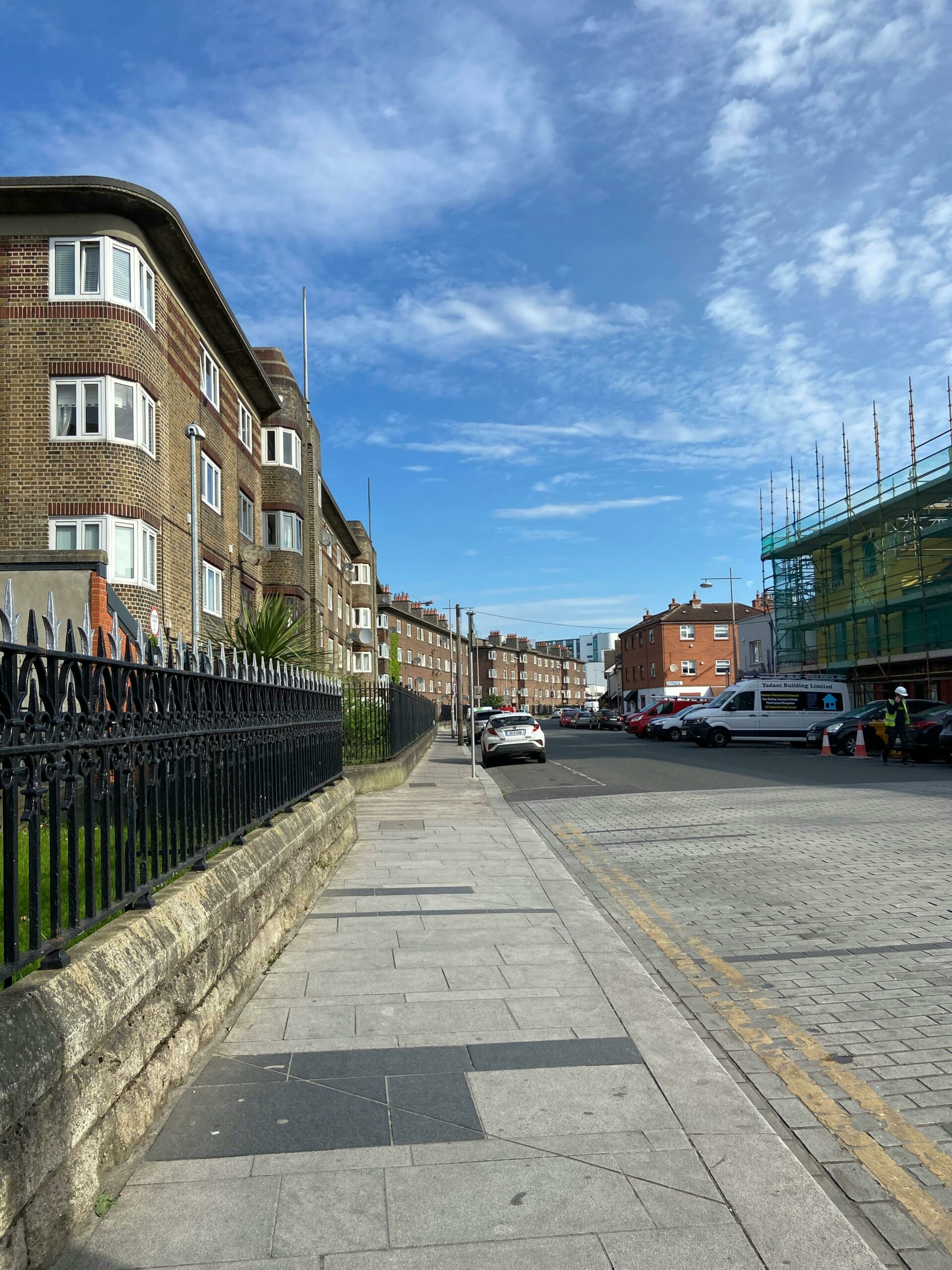The number of private renters with children living in damp homes has nearly doubled since the pandemic began. According to the English Housing Survey, the number has risen from one in fourteen households before the pandemic to one in seven by 2022-23.
The survey also revealed that 3.5 million households in England reside in homes that do not meet the Decent Homes Standard, with one million households living in damp conditions.
It is estimated that 1.5 million children were living in homes failing to meet decency standards across all tenures in 2022-23, and around 208,000 households with children living in damp private accommodations in 2022-23, an increase from just over 122,000 in the pre-pandemic period of 2019-20.
These estimates are based on inspections and some modelled data due to limited access during the pandemic. The survey records only significant damp issues that affect health and safety, excluding minor problems.
Privately renting households with children are more likely to experience damp problems compared to those without children, with one in thirteen childless households facing damp issues. Damp conditions are more prevalent in the private rental sector than in owner-occupied homes, council-provided housing, or housing association properties.
In response, the government has announced a Renters’ Rights Bill, which will abolish Section 21 “no-fault” evictions and extend Awaab’s Law to the private rental sector to compel landlords to address hazards. This follows a previously failed bill that aimed to reform renting laws before the parliamentary session ended in July.
The National Residential Landlords Association, which represents 100,000 members, noted that the survey showed 80% of private renters were satisfied with their accommodations. Despite acknowledging the numerous challenges the sector faces, they added that most renters are content with their housing.
Housing Minister Matthew Pennycook called the situation “utterly shocking.” He also said the government is committed to improving housing standards and protecting tenants from exploitation.
Polly Neate, CEO of the housing charity Shelter, said rising rents have worsened conditions for those on the lowest incomes. She argued that the growing unaffordability has led to increased disrepair in low-income households.
Neate stressed the urgency of abolishing Section 21 “no-fault” evictions to improve housing standards, as tenants often avoid complaining for fear of eviction. Shelter urges the government to build more affordable homes and enforce standards in the private rental sector.




